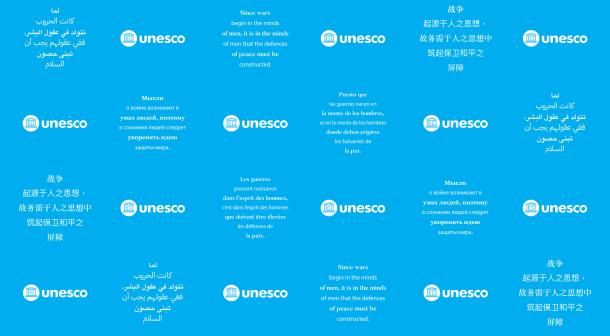News
UNESCO released Gender-Sensitive Indicators for Media

There are no human rights without equal rights for women and men; no true freedom of expression without gender equality. UNESCO continues to be on the forefront of the drive for gender equality. This commitment is at the heart of Gender-Sensitive Indicators for Media (GSIM) prepared in collaboration with the International Federation of Journalists.
The purpose of this GSIM tool is to facilitate gender equality and women empowerment in and through media of all forms, irrespective of the technology used. The tool addresses topics related to internal media policy and strategies, as well as to capacity building. It is versatile as with it media organizations can:
- assess their gender sensitivity,
- formulate necessary policies and strategies to address gaps detected,
- set measureable goals, and
- monitor progress towards desired goals.
The GSIM tool also informs training needs as it contains all the salient elements of gender and media.
The GSIM tool is a non-prescriptive set of indicators, designed for adaptation and use particularly by media of all forms. It is also relevant and useful to citizens’ media groups advocating for gender equality, media associations, journalists’ unions and clubs, media self-regulatory bodies, government entities, academic institutions and research centres such as journalism, communication, technology schools and universities.
It is divided into two interrelated, rather than discrete, categories, each addressing the main axes of gender and media:
- Category A - Actions to foster gender equality within media organizations (divided into five subsections), and
- Category B - Gender portrayal in media content (two subsections).
Each category is organized according to five dimensions, namely: User group; Critical area of concern; Strategic objective; Indicators; and Means of verification.
Annexed to the GSIM tool is a set of “self-assessment” case studies carried out by partner broadcasting associations/unions. They provide a snapshot of gender mainstreaming efforts within selected media houses representing all regions of the world.
UNESCO is partnering with key broadcast/print media unions and associations to adapt and pilot GSIM within their member organizations. These partners include the African Union of Broadcasters, Caribbean Broadcasting Union, OTI (Organización de Telecomunicaciones Iberoamericanas), Asia Pacific Broadcasting, and COPEAM (Permanent Conference of the Mediterranean Audiovisual Operators).





